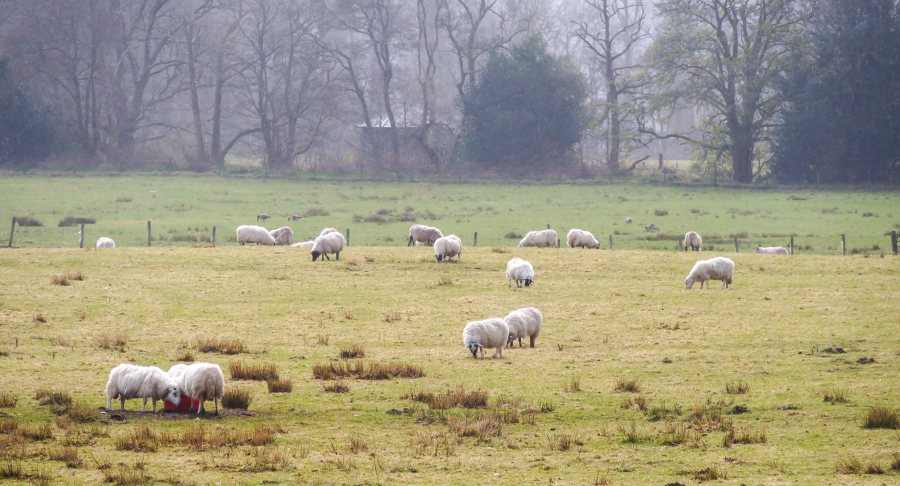Quality Meat Scotland backs genetics drive to cut emissions

Quality Meat Scotland is backing a major study into how smarter breeding can slash greenhouse gas emissions while boosting efficiency on Britain’s farms.
QMS is working with the Agri-Food for Net Zero (AFN) Network on a new project exploring how genetics can help the red meat sector cut emissions while improving efficiency and animal welfare.
The Breeding Better Beef and Sheep study, led by Kat Watson at the Royal Agricultural University, is a one-year collaboration between farmers, researchers and industry bodies.
The aim is to identify breeding strategies that are practical, cost-effective and capable of making a meaningful contribution to the UK’s net zero targets.
The project is engaging directly with 20 case study farms across the devolved nations to understand the breeding techniques used for sheep and cattle, and how these affect both profitability and emissions.
At the same time, researchers are conducting a wide-ranging review of scientific literature to assess which breeding strategies hold the greatest promise for reducing greenhouse gas emissions.
Findings will be shared at industry workshops this autumn, where farmers and stakeholders will be invited to shape future practice.
Kat Watson said the work so far has revealed significant variation in approaches: “What we have found so far is that breeding programmes and approaches are hugely variable, even within one sector.
"Each farmer we speak to seems to take a slightly different approach based on their farming context, which is appropriate but makes measuring and comparing relative impact on net zero and costs very tricky.
"What seems consistent is the need for reliable records to inform decisions, from choosing replacements and breeding stock to monitoring animal performance over their lifetime.
"This data comes from variable, fragmented sources and is of varying quality. But the literature shows a consistent benefit from using breed indexes, with further benefits from selecting breeding animals based on genomic information.
"The role of genomics in the future of farming seems advantageous when used to inform breeding decisions.”
Producers involved in the project are already sharing how genetics can make a difference on the ground.
Suffolk breeder David Hill said: “For our system, genomics is a huge part of the health of our flock. This can be a real win if we move the industry towards disease resistance.”
The research team is now collating and analysing data from farmers and literature reviews, ahead of the planned workshops later this year.








